what is rsv in babies australia
Respiratory syncytial virus or RSV is a virus that causes respiratory infections. Health Care Providers Learn about the Risks that RSV Poses in Infants.

31 Dads Photographed In Their Very First Moments With Their New Babies New Baby Products Dads Kangaroo Care
This includes an unseasonal surge in an infection called the respiratory syncytial virus RSV in children as young as two months old.

. Respiratory syncytial virus or RSV is a virus that causes respiratory infections. RSV is most common in infants between 2 and 8 months of age. RSV infects the lungs bringing a cough and cold.
Sign Up to get RSV Updates Download an RSV Brochure Today. RSV in premature or medically fragile infants can be dangerous and even deadly. This respiratory virus typically causes mild coldlike symptoms in older children and adults but it can lead to more serious problems in babies and young children.
But in Australia for. RSV or respiratory syncytial virus is a common respiratory virus that causes cold symptoms coughing and sometimes breathing problems in babies. Health Care Providers Learn about the Risks that RSV Poses in Infants.
In this age group RSV can cause bronchiolitis inflammation. Most children recover easily but some suffer from a pneumonia-type infection that can put a small number in. One of the many acronyms you might have come across while parenting your lovebug is RSV.
RSV is a common respiratory pathogen so common in fact that nearly all of us are infected with it by the age of two. Respiratory syncytial virus RSV is the most common cause of respiratory and breathing infections in children. Most people develop mild cold-like symptoms and get better in a few weeks.
It has resulted in growing numbers of. Mild COVID-19 symptoms in kids are pretty similar. What is RSV.
The Interseasonal Resurgence of Respiratory Syncytial Virus in Australian Children Following the. Its the most frequent. The respiratory syncytial virus RSV is a common single-RNA stranded virus that causes infected cells to fuse together Credit.
While this is of course terrifying there are steps to take to protect your baby. The absence of RSV last winter meant there is a young cohort of children from last year plus a new cohort this year who have not been exposed to the seasonal virus It may. The Interseasonal Resurgence of Respiratory Syncytial Virus in Australian Children Following the Reduction of Coronavirus Disease 2019-Related Public Health Measures The.
RSV can also cause more severe infections such as bronchiolitis an inflammation of the small airways in the lung and pneumonia an infection of the lungs. RSV is the one of the most common causes of bronchiolitis and pneumonia in children under 1 year of age in the United States. Respiratory syncytial virus RSV is the most common cause of bronchiolitis and pneumonia in young children under the age of 12 months.
Illness is common in children under 2 years of age. Sign Up to get RSV Updates Download an RSV Brochure Today. Respiratory syncytial virus or RSV is a common virus that affects the airway and lungs.
Infants under one year old are more likely to experience severe RSV infections requiring hospitalisation. In babies young children and people with weakened immune systems RSV. In fact RSV is so common that nearly all children get the infection by the time they reach 3 years old.
For the vast majority of people this virus causes a mild. Children infected as neonates have the most severe infections and may present with non-specific symptoms such as lethargy and poor feeding upper respiratory tract infection or lower. It is the most common cause of.
Sometimes making sense of your childs health can feel a little like wading through alphabet soup. Respiratory syncytial virus or RSV is a virus that causes respiratory infections. It is a common reason for young infants to be hospitalized.
Illness is common in children under 2 years of age. RSV is a common cause of bronchiolitis and pneumonia in children. Mild RSV symptoms include a runny nose dry cough or sore throat low-grade fever sneezing or a headache.
Respiratory syncytial virus RSV SA Health Respiratory syncytial virus RSV is the most common cause of bronchiolitis and pneumonia among infants under one year of age. Respiratory Syncytial Virus RSV is a viral disease that primarily affects children but can occur in people of all ages. RSV is a common winter illness in children but 2020 was different.

Bronchiolitis And Rsv After Hours Kids Pediatric Clinic

Bronchiolitis And Rsv After Hours Kids Pediatric Clinic

Nicu Bottle Feeding Basics Http Video About Com Preemies Bottle Feeding Premature Babies Htm Neonatal Nurse Nicu Nurse Nurse
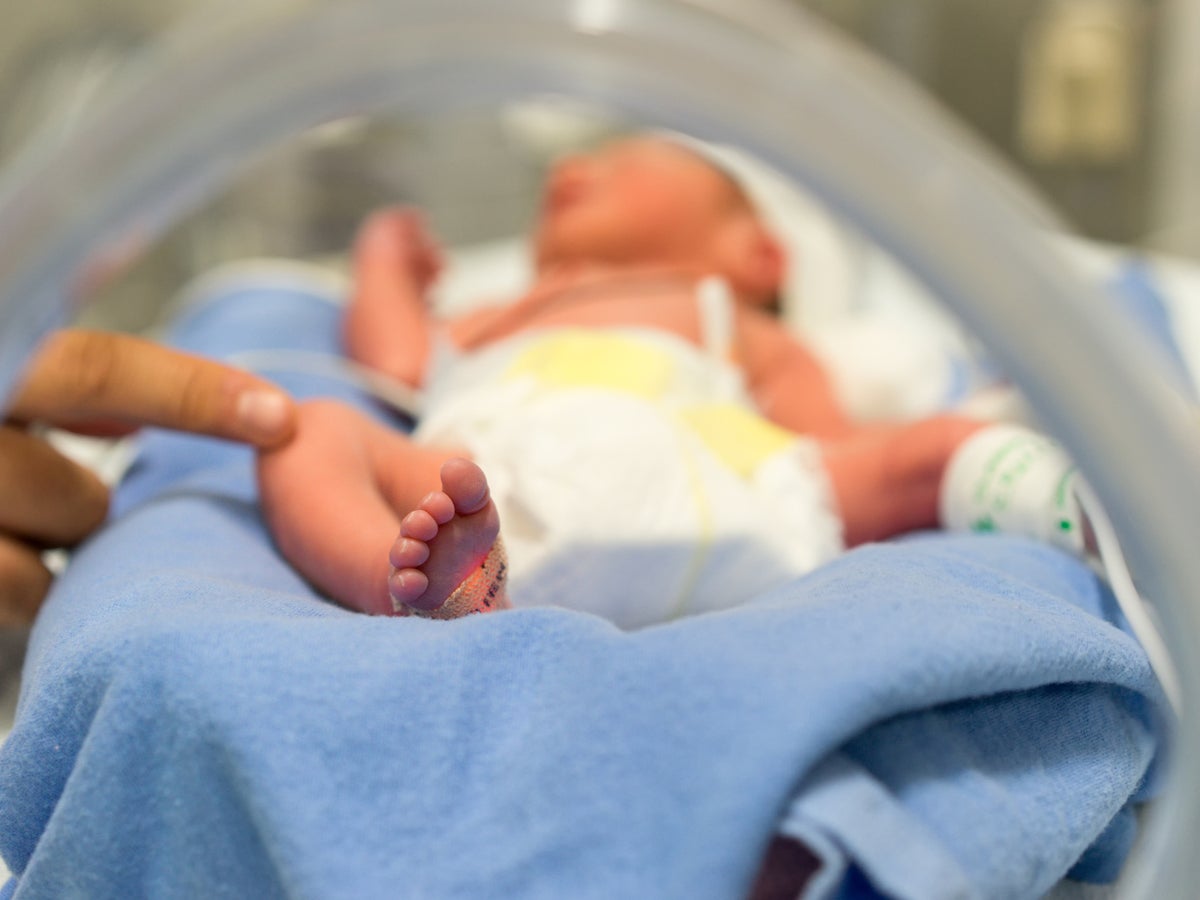
Nhs Expands Immunisation Against Childhood Virus Amid Fears Of 50 Per Cent Surge In Cases The Independent

How Rsv Affects Babies And Young Children Babycenter
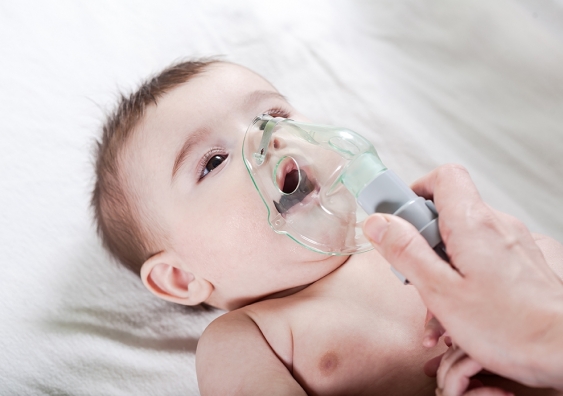
Rsv Study Reveals Age When Infants Are Most Vulnerable To Asthma Unsw Newsroom

We Boosted Babies Immune Systems And It Protected Them From Serious Lung Infections New Research

Rsv What Is It And Why Are Child Cases Surging In The Wake Of Covid 19 Newsnation

Is It Rsv Or Covid Here Are Symptoms Parents Should Watch For Huffpost Life
Acute Viral Bronchiolitis In The Setting Of Extensive Family History Of Asthma Australian Medical Student Journal
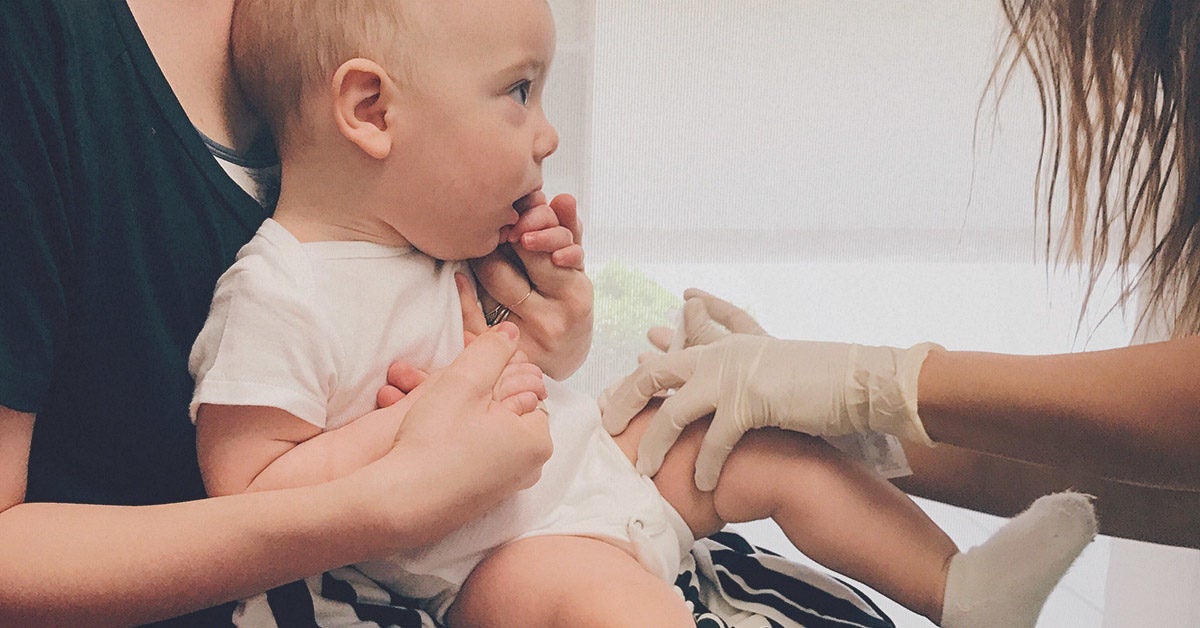
Rsv Respiratory Syncytial Virus Test

What Is The Difference Between Croup And Bronchiolitis Imc Health

How Rsv Affects Babies And Young Children Babycenter
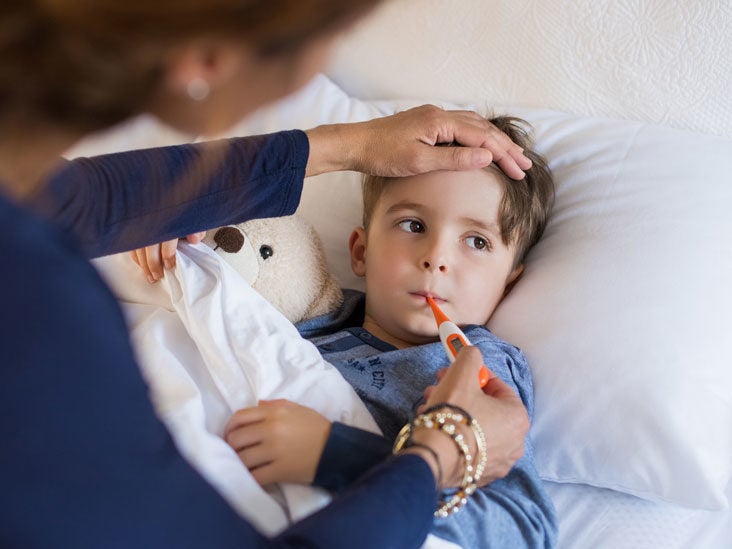
Rsv Respiratory Syncytial Virus Test
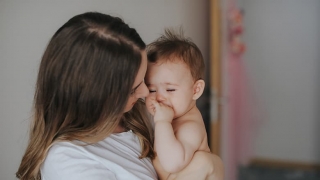
Respiratory Infections And Bronchiolitis In Children Children S Hospital Of Philadelphia

Respiratory Syncytial Virus All Infants Are At Risk Sanofi

Pin By Cyn Harkins On All Lifelike Baby Dolls Reborn Baby Dolls Baby Dolls Realistic Baby Dolls

What Every Parent Needs To Know About Rsv The Leading Cause Of Hospitalization Among Infants Under 12 Months
